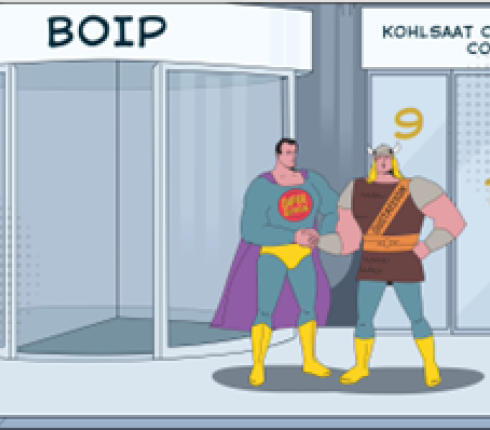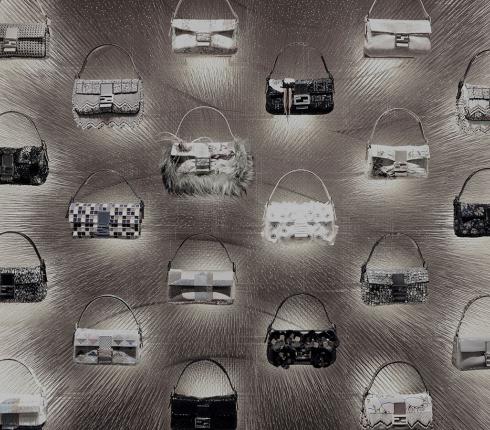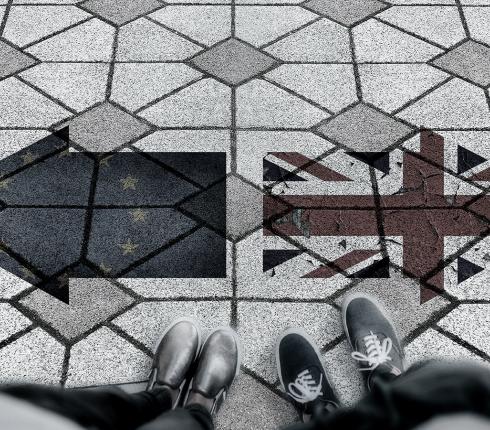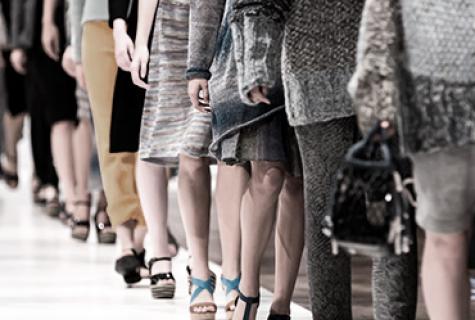NJORD Estonia: Creative Industries: Legal Aspects in a Pandemic-Torn Economic Environment
The coronavirus pandemic was accompanied by a sharp change in consumer behaviour, which also meant a decrease in the consumption of design products. Both world-famous companies, as well as domestic brands, are experiencing the negative effects of the economic crisis caused by the pandemic. The unstable economic situation and uncertainty about the future are forcing brands to reduce production volumes to avoid overproduction and, thus, a situation where the produced goods remain on the shelves. Marketing and sales strategies are also being changed to strengthen e-commerce.
Contracts
During the coronavirus crisis, many creative companies found themselves in a situation where the sale of their products fell drastically. Yet, they nevertheless had to fulfil the contracts with partners and pay for materials or services ordered to create their products. Orders already placed and the concluded contracts could not be cancelled or terminated, which put many companies in a financially critical situation. There were also problems with insufficient work-loads and paying salaries to employees. Considering this problem, it is worth reviewing the terms of contracts with suppliers, manufacturers, subcontractors, or other partners. It is useful to ensure that the conditions are flexible so that they can be changed (e.g. to reduce ordered volumes). It would also be reasonable to ensure that contracts can be terminated, if necessary, in such a way that termination does not lead to negative consequences, such as the loss of the right to remuneration for the work performed or the obligation to compensate for the loss to the other party or pay contractual penalties. This also applies to various marketing campaigns and creative collaborations with other brands.
Trademarks
A registered trademark is an essential tool in the design world to protect the brand and the investment made in it. We know that the logos and designations of famous brands are iconic and desirable in the eyes of many people. It is known that there is an effect on consumers' purchasing decisions, where people buy a product simply because it bears the logo of a be-loved brand. Life shows that as the popularity of a brand grows, so does the risk of counterfeiting, copying, and exploiting the brand's reputation. A registered trademark confers the right to prohibit other persons from using signs identical or similar to the trademark in the same field of activity in the territory in which the trademark has been protected. Consequently, it is advisable to register the trademark, monitor its validity and, if necessary, renew it. If the trademark is registered only in the Estonian trademark register (i.e. the trademark has legal protection only in the territory of the Republic of Estonia), but the production or sale takes place outside Estonia as well, then it is worth considering registering the trademark as a European trademark or to register the trademark in third countries as well. It is also important to ensure that trademark protection is extended to new products or services offered by the company.
Online store
Given that the use of e-commerce has increased during the pandemic, the existence of an online store is essential for many brands to survive. As business success now increasingly depends on the ability to sell in an electronic environment, this is certainly a reason to pay close attention to ensuring that the online store meets all the requirements that apply in the field of e-commerce. The consumer/buyer is considered by law to be the weaker party to the contract, as a result of which several obligations have been imposed on the e-trader. Failure to comply with these obligations may result in liability in the form of administrative proceedings, fines, and damage to reputation.
One of the crucial obligations of an e-trader is the obligation to provide pre-contractual information to the buyer. To fulfil this obligation, the terms of sale are usually posted on the website of the online store. It is important that the terms of sale are prepared based on the field of activity of the particular online store and describe the operation of that online store. One common mistake is that an e-trader adopts the standard terms and conditions of sale offered on the Internet and uses them in a non-customised form. This results in incorrect or insufficient information being provided. It is also not uncommon for a company to copy the terms and conditions of sale from another company, without considering whether the copied terms and conditions are suitable considering the specifics of the online store.
Once the correct sales conditions have been developed, it is recommended that the seller periodically review whether the online store actually works in accordance with the sales conditions posted on the website and the requirements of legislation (incl. the purchase process, contract fulfilment, settlement of claims, etc.).
Personal data of customers
The pandemic also accelerated the introduction of new business models and technologies in the creative sector. This includes creating virtual opportunities to shop without leaving your home. With the help of augmented reality, the object can be virtually tried on, the 3D design is being developed and already introduced, digital fashion shows are held, etc. Digital solutions require customers' personal information to be accessible. For example, if a company decides to create an app or add new functionality to a sales platform (e.g. the ability to view or try a product in augmented reality), the company must also analyse whether the technology uses personal data. If personal data is processed, it must be assured that the newly created technological solution meets the requirements of personal data processing. In its yearbook of 2020, the Estonian Data Protection Inspectorate recommended that a written impact assessment be carried out before the introduction of new technology to play through all threats to personal data. It is good to know that such an impact assessment can be done free of charge together with the experts of the Data Protection Inspectorate.
Leases
Due to the decline in purchasing activity, the fulfilment of retail space or studio lease agreements under old conditions has become overwhelming for some brands. In the spring and summer, there have been several stories in the media that due to the decline in sales, many businesses have asked the landlords to temporarily reduce rents or not demand them at all for a period of time. Today, there are lessees who want to link the amount of rent to the sales turnover of the store, instead of a fixed rent. For example, the fast-fashion brand H&M proposed to the landlords to pay rent based on store sales numbers.
From the lessee's point of view, a fixed-term lease can also be a problem, since such an agreement cannot be terminated regularly before the term, i.e. with prior notice. However, should the economic crisis deepen, it may be wise for a creative company to move to more modest rentals. It must be borne in mind that the already concluded agreement can primarily be amended by an agreement between the parties, and the lease agreement may not be terminated by leaving the rental space arbitrarily. Therefore, it is worth reviewing the terms and conditions of the lease agreement and negotiating with the landlord (regarding the principles of calculating the rent, conditions for amending and terminating the agreement, etc.). Landlords would be interested in entering into such negotiations because they would clearly not want to find themselves in a situation where the lessee is unable to make the payments arising from the lease agreement or to fulfil other contractual obligations.
Thus, there are several ways for a creative company to reduce the impact of the pandemic on its financial activities and manage the current difficulties positively.


































